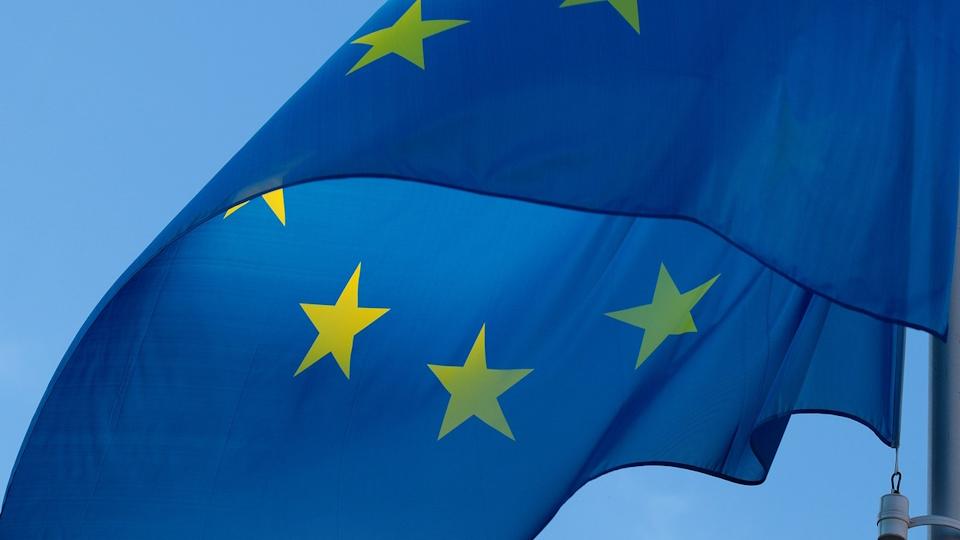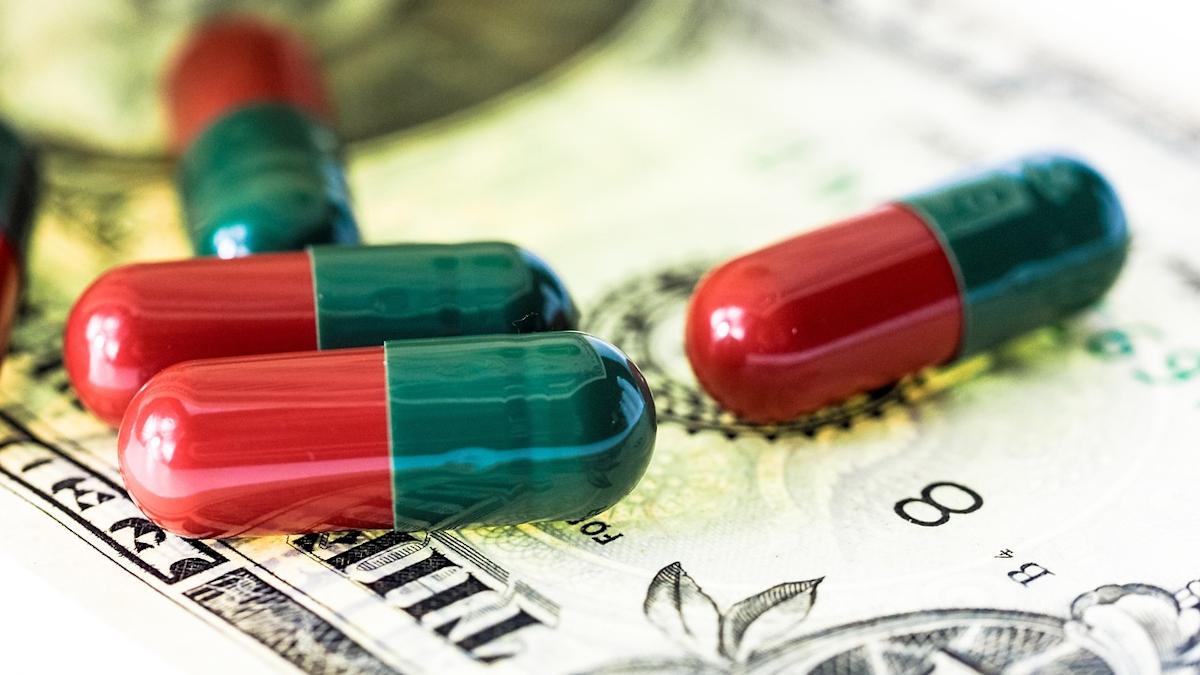EU pharma reform package clears key Parliament vote

The European Parliament has voted through reforms to legislation regulating the pharma sector, which the industry claims could compromise competitiveness and patient care.
The new directive and regulation – which were endorsed by thumping majorities – include a wide range, headed by a reduction in the minimum regulatory data protection (RDP) period for new medicines. That would be set to seven and a half years, with another two years of market exclusivity, during which generic or biosimilar products cannot be sold.
Drug developers could extend that to a maximum of eight and a half years, for example, if a new therapy addresses an unmet medical need, is tested in comparative clinical trials, or has the bulk of its R&D carried out within the EU. Orphan drugs for rare diseases could benefit from up to 11 years of market exclusivity if they address a “high unmet medical need”.
MEP Tiemo Wölken, the rapporteur for the proposed regulation, said the legislation would strengthen the EU’s healthcare infrastructure, boost resilience ahead of future health crises, and achieve “fairer, more accessible healthcare for all Europeans.”
The pharma industry responded to the original draft unveiled last year with consternation, but it has welcomed some concessions made in the meantime, including a retreat from a plan to make two years of RDP dependent on a new medicine being available in all 27 EU member states within two years of getting marketing authorisation.
Also praised are the proposals to introduce a regulatory ‘sandbox’ to test regulatory changes before they are rolled out more widely and incentives to meet the challenge of antimicrobial resistance (AMR) with the creation of a transferable exclusivity voucher (TEV) that would give developers of new antimicrobials an extra 12 months of RDP. The TEVs could be used for other antibiotics or sold to other companies.
Nathalie Moll, director general of the European Federation of Pharmaceutical Industries and Associations (EFPIA), said there is nevertheless no getting away from the fact that the package reduces RDP for new medicines by six months.
“It is difficult to understand how reducing incentives to research, develop, and manufacture new medicines and vaccines could ever be in the best interest of Europe or European patients, particularly at a time when Europe recognises that it needs to boost competitiveness to compete for global investment with ambitious nations like the US and China,” she said.
“The challenge now is for policymakers to align the next iteration of the pharmaceutical legislation with the recurrent calls by European leaders to boost European competitiveness and build a resilient industrial future.”
The legislation will now be followed up by the new Parliament after the June European elections.













